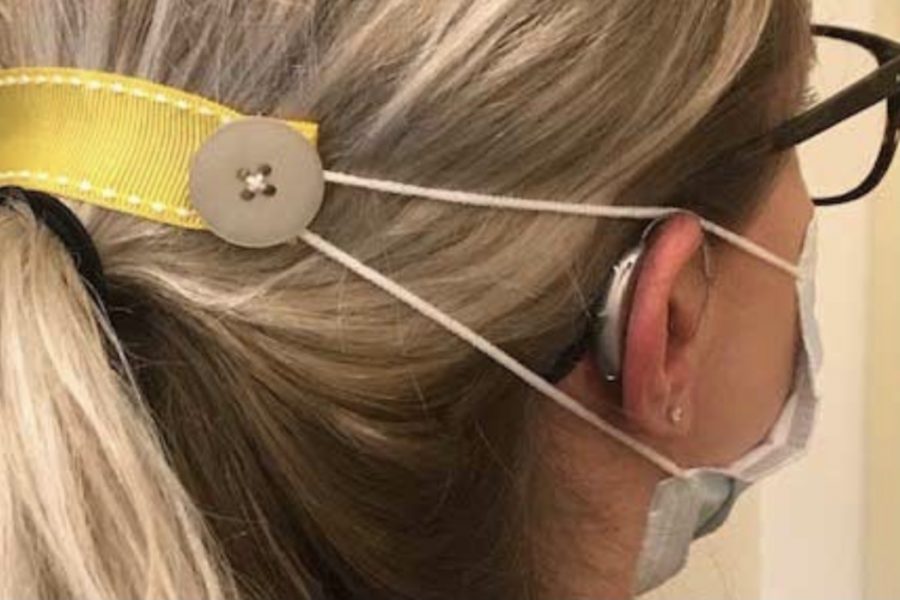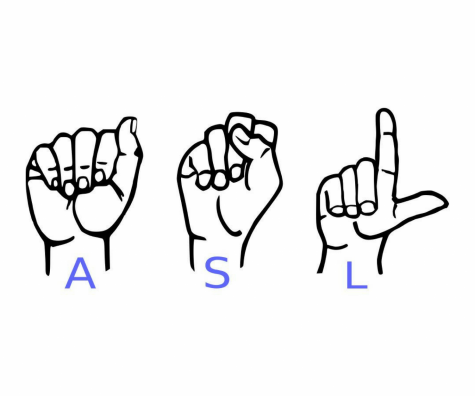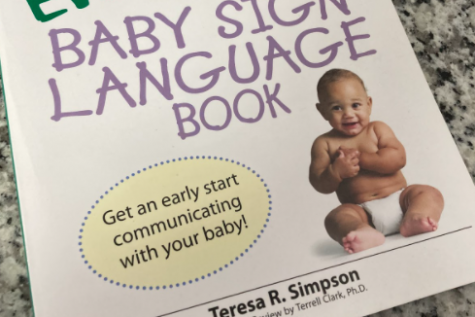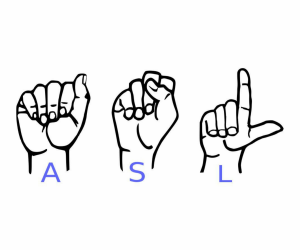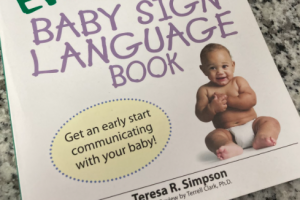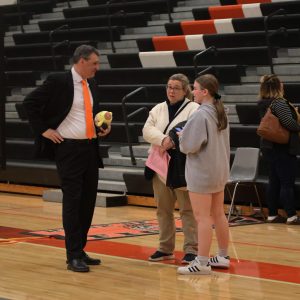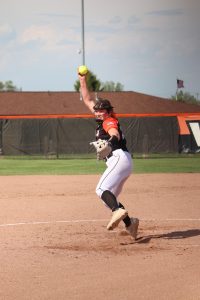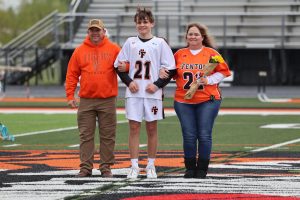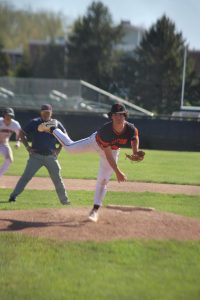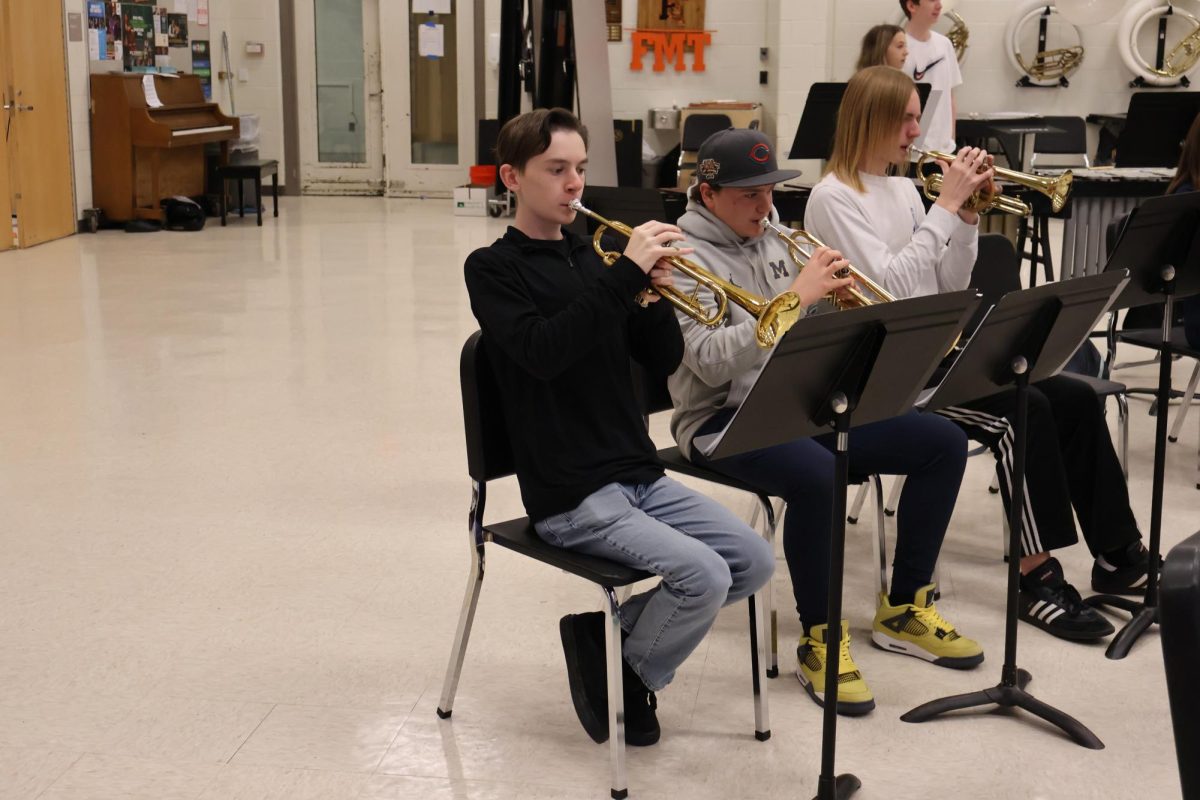The effects of COVID-19 on the deaf community
October 21, 2021
The pandemic surrounding COVID-19 has caused setbacks for people all over the world— including the deaf community. Those with hearing impairments have faced difficulty listening to people with masks on as well as wearing hearing aids because of irritation that can be caused from masks. Those who don’t have the resources or money to buy hearing aids may be left in the dark wondering what someone is saying.
“Because of the mask mandate, my sister [2017 FHS graduate Taylor Mowery] sometimes couldn’t tell if someone was speaking to her with her not being able to read lips,” sophomore Allison Mowery said. “I was able to interpret what people were saying which allowed her to respond to people. She got a mask that says ‘I’m deaf, I can’t read your lips,’ which really helped her when interacting with people by herself.”
In extreme cases, deaf people may not realize when someone is talking to them. Their communication skills have been narrowed down to luck and guessing— including those who didn’t know they were hearing impaired until the pandemic.
“Audiologists have noticed an uptick in people asking to receive hearing tests and asking for hearing aids,” former president of the American Academy of Audiology Catherine Palmer said in an interview with The Verge.
Clear masks have become increasingly popular but it is more common in businesses to see them accompanied with a cloth mask as of business guidelines. The Food and Drug Administration (FDA) has approved a specific clear mask called “The Communicator,” however, it wasn’t widely distributed to people and businesses because of costs. Clear masks, although helpful for visual skills, may lessen a deaf person’s hearing or communication skills as they’re made of plastic rather than cloth, muffling a person’s voice more than a typical cloth mask.
Because of these obstacles, people with impaired hearing need resources to communicate. While American Sign Language is a language deaf people and others use, it’s not universal and when signing and lip-reading are out of the question, passing notes and relying on others is mainly how they communicate. This leaves limited options and creates tension from those who can hear and those who have impaired hearing.
“A great way to help those with hearing loss is to speak up when talking to them,” junior Zach Dekracker said. “Masks make it harder to hear and there’s no opportunity for lip-reading because of them. I’m thankful that my classmates and teachers at Fenton High are aware of my lack of hearing in one ear and help me as much as they can, allowing my stress about my hearing to be lowered.”
If anyone is hard of hearing and currently being affected by restrictions from COVID-19, reach out to nad.org for resources.

